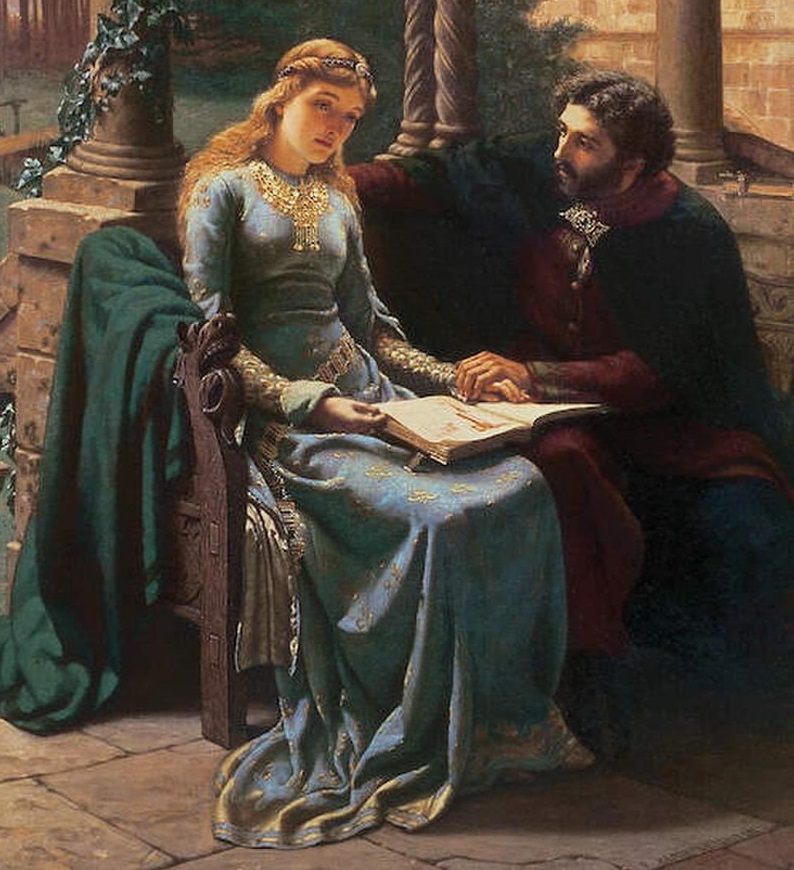Abelard, Pierre (c.1079-1142)
Pierre Abélard was a French philosopher, theologian and logician born in the village of Palet near Nantes in 1079. He was one of the most brilliant and controversial thinkers of the 12th century, known for his advancements in dialectics, his theological contributions and his tumultuous personal life. Abélard studied dialectic under Roscelin of Compiègne and William of Champeaux, later surpassing his teachers to become a highly influential scholar, primarily in Paris. His intellectual rigor and critical approach to philosophy earned him both admiration and enmity. His teachings attracted a large following, with students traveling from across Europe to study under him.
His personal life was marked by his infamous love affair with Héloïse, the niece of a canon of Notre Dame. Their relationship led to a secret marriage, which Abélard sought to keep hidden to protect his career. However, when the affair became public, Héloïse was sent to a convent and Abélard was attacked and castrated by Héloïse's enraged relatives. Following this tragedy, he entered monastic life, while Héloïse took vows as a nun. Despite their separation, they maintained a profound intellectual and emotional correspondence, preserved in the letters that remain among the most celebrated literary exchanges of the Middle Ages.
Abélard's career was fraught with conflict, particularly with ecclesiastical authorities. His theological positions often put him at odds with the Church, most notably with St. Bernard of Clairvaux, the influential founder of the abbey at Clairvaux. His teachings were condemned at the Councils of Soissons (1121) and Sens (1141), the latter leading to his excommunication by the pope. Submitting to Church authority, he sought refuge at the Abbey of Cluny, where he lived under the protection of Peter the Venerable. He spent his final years in study and reflection, dying there in 1142.
As a dialectician, Abélard challenged the dominant forms of realism of his time, particularly the views of his teacher, William of Champeaux. He forced William to revise and ultimately abandon his strict realist position. Influenced by Roscelin's nominalism, Abélard argued that universals — such as genera and species — are not independent things (res) but merely words (voces). In his more developed view, universals are not simply voces, which are only vocal utterances, but rather sermones — words given meaning through human convention. His philosophy, however, was not purely nominalist. He reintroduced and adapted the moderate realism of Boethius, laying the groundwork for later medieval thinkers, including Thomas Aquinas.
Abélard also made significant contributions to ethics, particularly in his emphasis on the role of intention in moral judgment. He argued that the morality of an action depends not solely on its outcome or external adherence to rules but on the intention of the agent. This view, explored in his treatise Scito te ipsum (Know Thyself), was a major departure from traditional medieval ethical thought. His most well-known works include Sic et Non, a compilation of contradictory theological statements intended to encourage debate and logical reasoning; Theologia Scholarium, a work on Christian doctrine; and Historia Calamitatum, his deeply personal autobiography. His letters to Héloïse remain among the most celebrated writings of the Middle Ages, offering insights into his philosophical ideas and the depth of his personal suffering.
Abélard's legacy endured well beyond his lifetime. His works influenced the development of scholasticism, shaping medieval and early modern philosophy. His intellectual contributions, combined with his dramatic personal history, have cemented his reputation as one of the most fascinating figures of medieval thought.
See Philosophers
